How to Design a Great Construction & Engineering CV

The Construction and Engineering industries have faced significant change in recent years; from Computer-aided Design, 3D printing and even drones. These changes have caused many Construction and Engineering professionals to adapt with the times but when it comes to looking for a new role, one thing remains a constant ingredient to success; a strong CV.
As an organisation entrenched in the Construction and Engineering industry, we read thousands of resumes annually so, we feel we are in a great position to share some advice when it comes to the successful presentation of an exceptional CV. Here are four great tips for designing a great Construction and Engineering CV.
Keep Your CV Relevant & Specific
Construction and Engineering are all about understanding a problem and constructing a viable solution to overcome it, and the same goes for your CV. When you’re looking at a job vacancy, identify precisely what the employer needs. Do they need someone with experience in construction site management? Or a qualified Quantity Surveyor to provide cost estimation on several new development projects? When you isolate the gap in the employer’s workforce, you can tailor your CV, starting with your front-page summary, so that it highlights why your key skills, experiences, and expertise present a great solution.
Whilst there are varying opinions when it comes to the recommended length of your CV, there is one thing we all agree on: quality matters over quantity. Many Managers will skim read your CV and match what skills, qualifications and experiences you have with what the vacancy requires. If you’ve worked in the Construction or Engineering sectors for a while, it’s likely you’ve kept adding to your CV over time. If that’s the case, keeping your CV tailored, specific and relevant to the vacancy can significantly increase your chances of securing that crucial interview.
Highlight Your Key Achievements
Highlighting your key skills, relevant work history and experiences will only get you so far in today’s competitive landscape. Once your summary has captured the Manager’s attention, your work history will need to compel the Manager to pick up the phone and call you. Start with listing your employment history in reverse chronological order and include dates worked, employer names, job titles and a brief breakdown of core responsibilities.
Next, you should highlight your achievements that showcase your key skills in action. Of course, you should include the overall result of your achievements, such as how much money you saved your employer, but the Manager is going to be more interested in how you got there. How did you plan for the project’s success? What steps did you take? Did you collaborate with other teams or departments to get the job done? It’s this level of detail that will help paint a picture of your capabilities in the Manager’s mind.
Consider Your LinkedIn Profile
Whilst you’re writing your CV, you need to consider your LinkedIn profile. Your LinkedIn account can be an excellent resource when used correctly. You can only include so much in your CV before it becomes a plethora of information, but your LinkedIn account provides a great opportunity to add further supporting evidence of your skills and experiences, without adding an extra page or two to your resume. However, whether you decide to use your LinkedIn as an extension of your CV or not, make sure that any information that is publicly available on it aligns with what is on your resume. This includes the dates you have worked, and your job titles and responsibilities. Also, gaining LinkedIn recommendations from previous employers and Managers can significantly boost your edge over your competition.
Have Someone Proof Read Your CV
Once you’ve finished writing your CV, make sure that your contact information, including your phone number, LinkedIn account, and email address, are visible on your front page and, crucially, are correct. If you currently work or aren’t free during working hours, make sure you have a working voicemail just in case a Manager calls you whilst you are indisposed.
Finally, check your spelling and grammar. Although it may seem obvious, many CVs fail to make it past first-round screening checks due to spelling and grammar mistakes. Your CV is a professional representation of your skills and experiences, so basic mistakes can reflect poorly on your application. With that in mind, it will always pay off to ask someone to proof read your CV before you submit it.
Click here to download our free CV template.
Closing Thoughts
Your CV is an integral cog in your job search and the more specific and relevant it is to the vacancy you’re applying to, the greater chance you’ll have at getting a call from the Manager. Here at RobLawMax, we read hundreds of CVs daily and we know what Construction and Engineering employers are looking for. We realise that writing an exceptional CV can be a daunting task, but if you find yourself stuck or would like to connect with great opportunities in the Engineering and Construction sectors throughout Australia or New Zealand, give us a call and we’d be happy to help.





